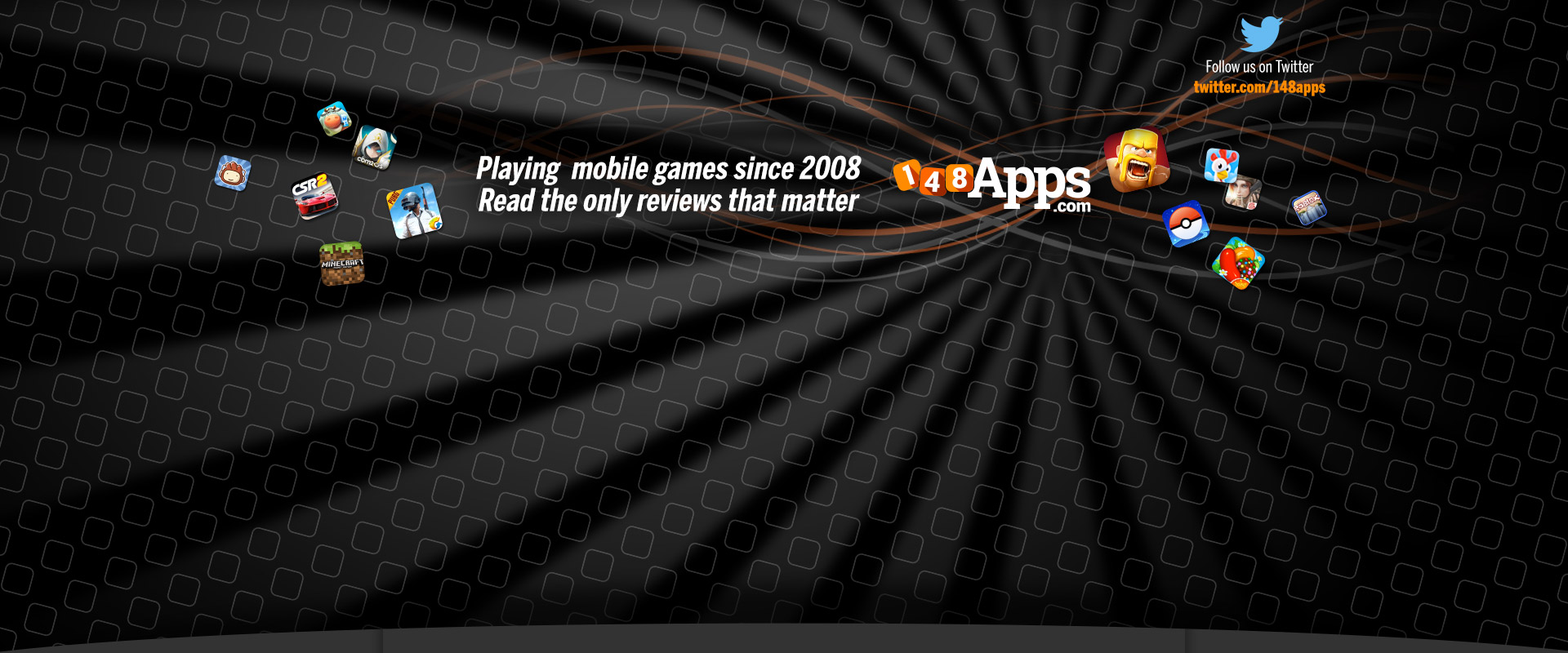My iPod, Abroad: How My iPod touch Was Integral to Living and Learning in Japan

For any international traveler or student, I think that having in iPhone or iPod Touch can be an enormous help. Here are some of the ways I used my iPod while in Japan.
As a study tool
I was enrolled in a summer language intensive program at the Hokkaido International Foundation. Theoretically, we fit a year's worth of language instruction into two months. (Yikes.) As a result, I was doing a lot of studying, and my iPod was a huge help in this regard.
Dictionary Apps
First, my Japanese/English dictionary app. I used Japanese, but other students used the free Kotoba or other apps like Midori. Regardless, all of these apps had marked advantages over traditional dictionaries. First and foremost, iPods and iPhones are far more portable than paper dictionaries or even "electronic dictionary" devices. Using an app was easy and fast. Furthermore, Japanese in particular is interesting because the kanji, or characters, are difficult to look up in a traditional dictionary. iPhone dictionary apps generally let you input kanji using a number of methods, including "handwriting," making them much more useful.
Hardly anyone used a traditional dictionary. In my program, of the 50-odd students I'd estimate that 75% of us had iPod Touches or iPhones, and just about everyone who did used either Kotoba or another dictionary app on a regular basis.
Flashcards
Secondly, I was desperately trying to learn quickly enough to keep up with my daily quizzes and weekly tests, which meant, for me, flashcards. My commute to school included a half-hour on the bus each way, making my iPhone an excellent way to discreetly study. Using a flashcard app was great because I could fit study time in during all my little breaks: standing in line, while commuting, waiting for dinner to be ready...it really was incredibly convenient.
I personally made extensive use of Anki. Anki is a stellar flashcard program that is primarily for the desktop, where it's free. The iOS version costs a somewhat-steep $25 and is less polished than its desktop counterpart. However, for me it was still a good buy. Anki's magic is that it uses a spaced repetition algorithm, introducing cards at intervals according to previous response data. So, I would see my new vocabulary and kanji very often while older cards would show up occasionally. I've yet to see a better way of handling data retention; reviewing hundreds of paper flashcards quickly becomes unfeasible. I flirted with other flashcard apps but none met my needs like Anki, though Anki does have its problems...and that pricetag.
Homesickness and the iPod's "Normal" Features
One thing I hadn't counted on was how much I would miss "stupid" things like the sound of English.
In an environment that was all Japan, all the time, sometimes I wanted something familiar. So, I turned to my iPod for things like familiar music, photos from home, e-books, and TV clips from childhood shows. Also, since I didn't really have internet access with my host family, my iPod became my primary device for using the Internet. Facebook might be a form of procrastination, but when it came to keeping in touch, a mixture of email, Facebook, and Tumblr—all of which I accessed and used from my iPod—helped me to stay connected with people from home.
On the non-homesickness front, I used the iPod's camera when my "real" camera died or filled up with photos, or when I wanted to be more discreet. I used the Notes app frequently, too.
Do these uses sound trivial? Perhaps; and yet, they're part of why my iPod was so precious to me while in Japan.
Conclusions
Really, my dictionary app and my flashcard app were a killer combination when it came to learning and living. With my dictionary app, I could save words I encountered in real life for later study, or look up crucial words on the fly to facilitate conversations. With Anki, I could engrave those words in my memory. And beyond the purely pragmatic, it was comforting to have my favorite songs, TV shows, and yes, apps with me when everything else was unfamiliar. The iPod and iPhone can do so much that it's easy to overlook the little things.
I really do count myself lucky to live in an age where I don't have to lug around a physical dictionary for when my vocabulary fails, and when my camera's batteries die I always have a backup device. My iPod Touch made itself integral to my experience living and learning in Japan. Particularly for language students, I think that such resources are really invaluable.


